May 19, 2020
Global carbon dioxide emissions fall dramatically because of lockdown
 Carbon dioxide emissions have declined rapidly during the Covid-19 lockdown according to a new global academic study, but experts are warning that the reductions may be short-lived as normal economic activity resumes. The findings appeared today in the journal Nature Climate Change. The international study of carbon emissions found that daily emissions declined by around 17 percent between January and early April, compared to the previous year and could decline anywhere between 4.4 percent and 8 percent for the whole of 2020, the largest annual drop since the Second World War. More →
Carbon dioxide emissions have declined rapidly during the Covid-19 lockdown according to a new global academic study, but experts are warning that the reductions may be short-lived as normal economic activity resumes. The findings appeared today in the journal Nature Climate Change. The international study of carbon emissions found that daily emissions declined by around 17 percent between January and early April, compared to the previous year and could decline anywhere between 4.4 percent and 8 percent for the whole of 2020, the largest annual drop since the Second World War. More →










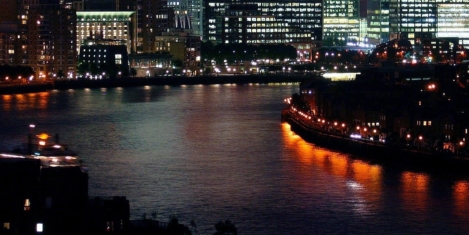
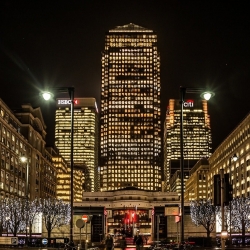





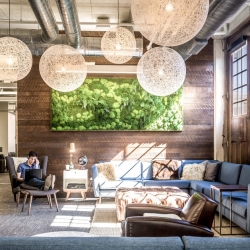




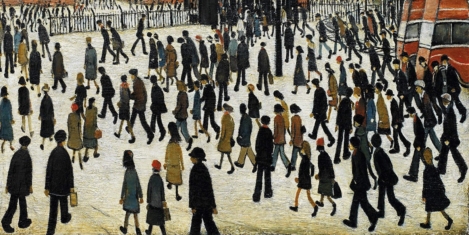
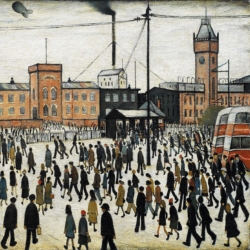











April 30, 2020
The lockdown gives us a chance to reconsider business ethics
by Mark Strassman • Comment